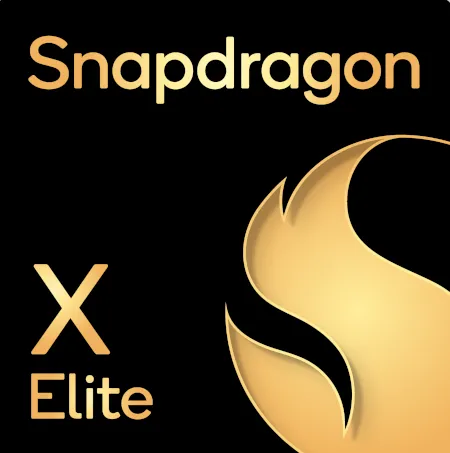A lot of people here seemed excited for these chips. It’ll be very interesting to see the gaming performance as this could bring in an entire new segment of portable devices running Linux if powerful enough to deliver solid battery life and CPU performance.



From my small experience with Qualcomm in the past, I’m not too hopeful. In a company I used to work for, we wanted to use one of their SoC with Linux, which they claimed they supported. It was many years ago. But was full of closed binary blobs which even when signing NDAs, we couldn’t get the source for. We’re talking user-space drivers, sensors offloaded to a separate core with closed source firmware etc. It’s Linux, but it’s not Linux in spirit, it feels so closed and proprietary and secretive. They’re coming from Android, which google architecturally enabled vendors to close their drivers by utilizing HAL. It’s the single most significant blow to Linux by any corporation so far. It enabled thousands of vendors to close their shitty driver in user-space and not maintain it for newer kernels (kernel driver is just an IO proxy for user-space drivers). I get that without it, there wouldn’t be Android phones we have today, but I expected them to slowly open up. 10+ years later, almost nothing changed, in fact - things seem worse to me.